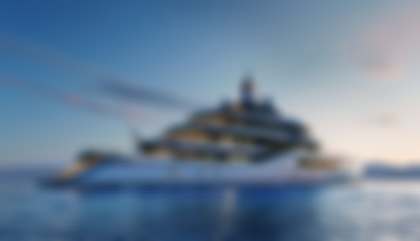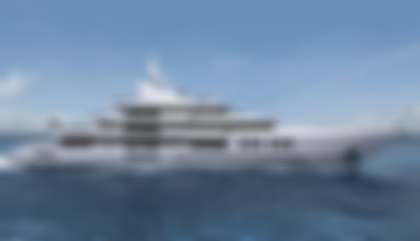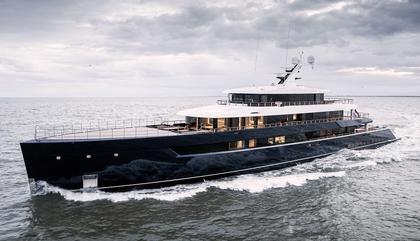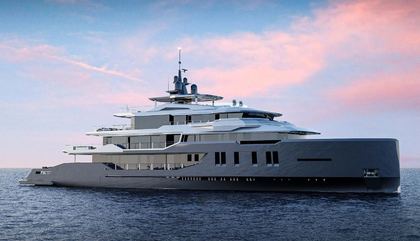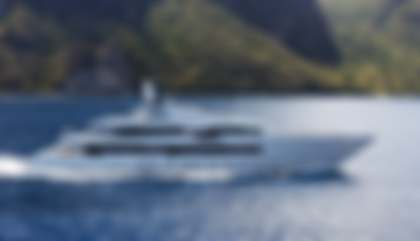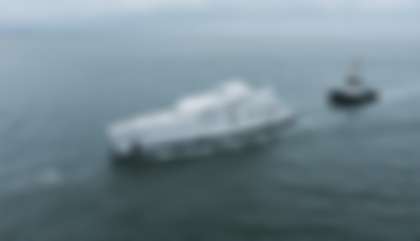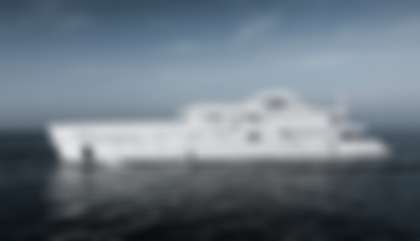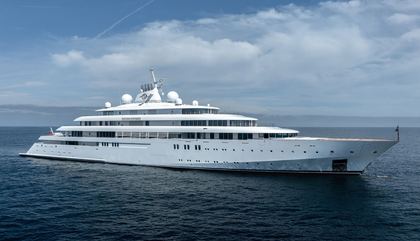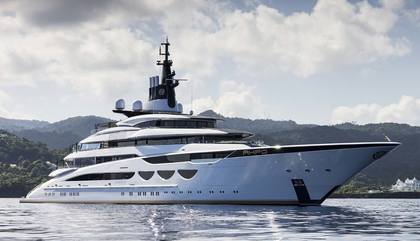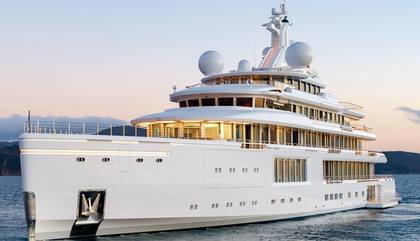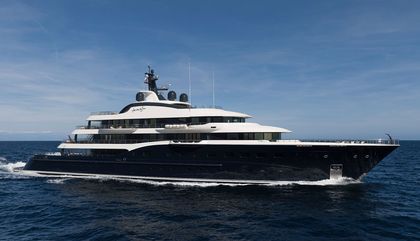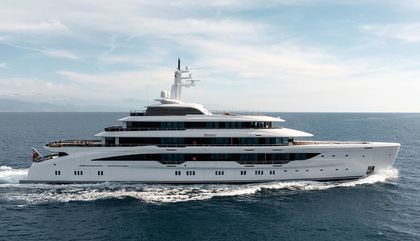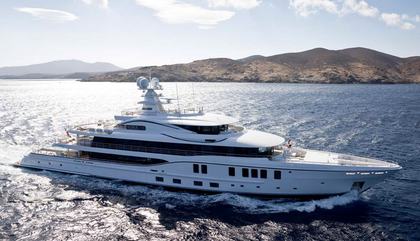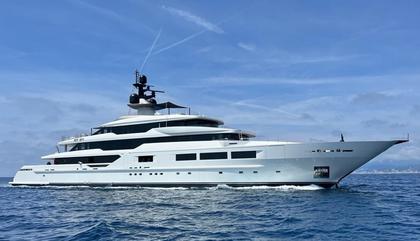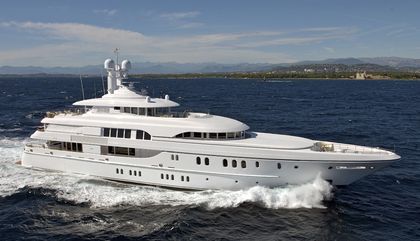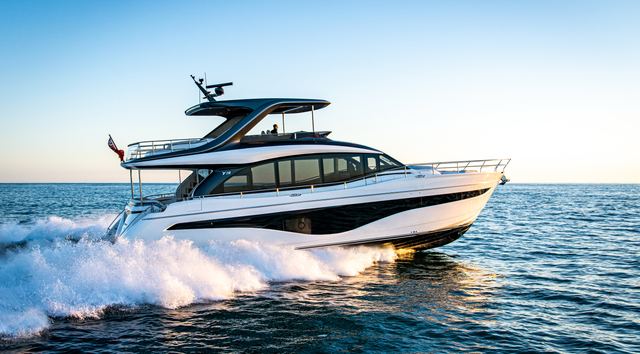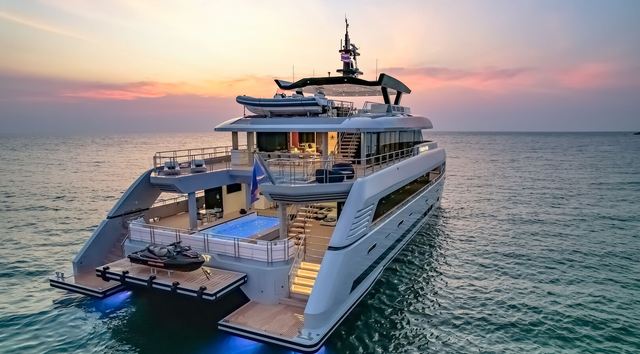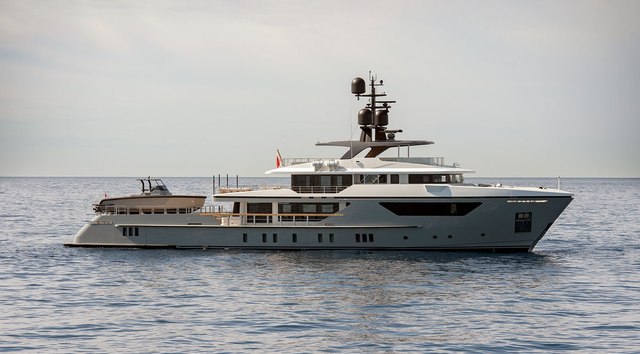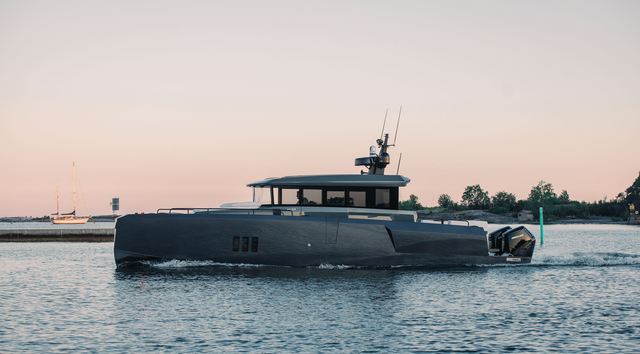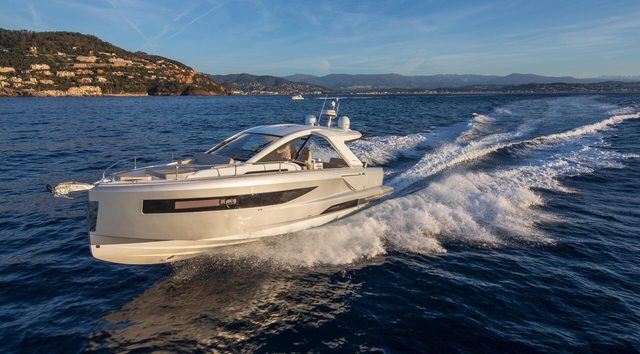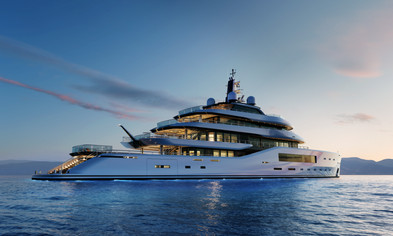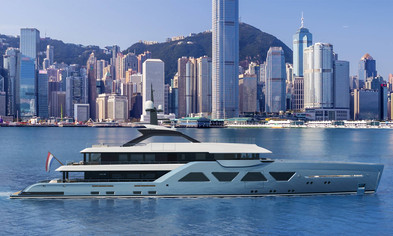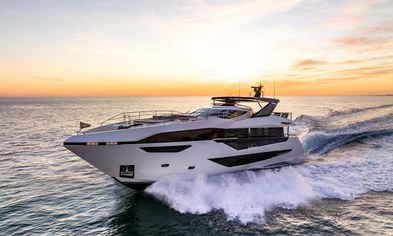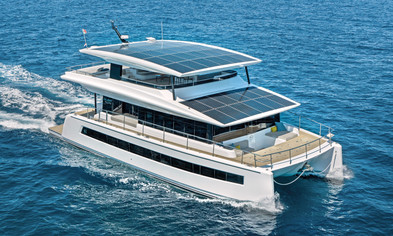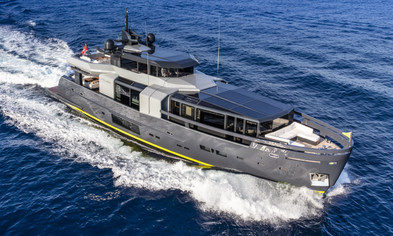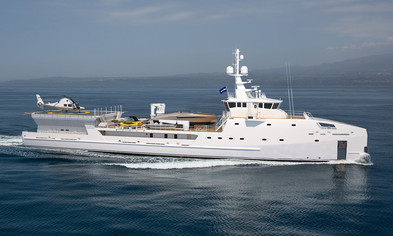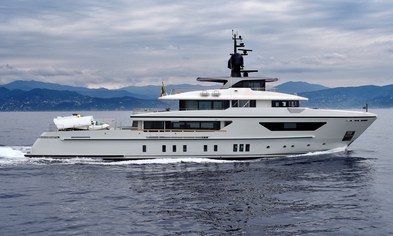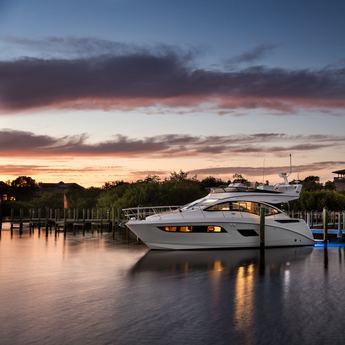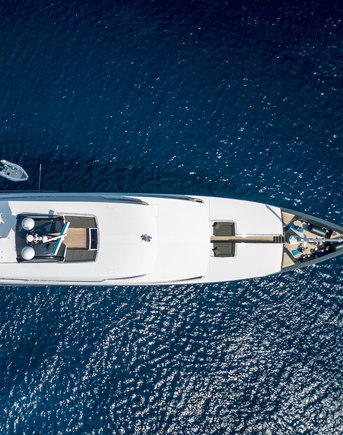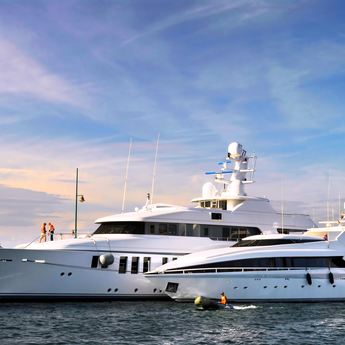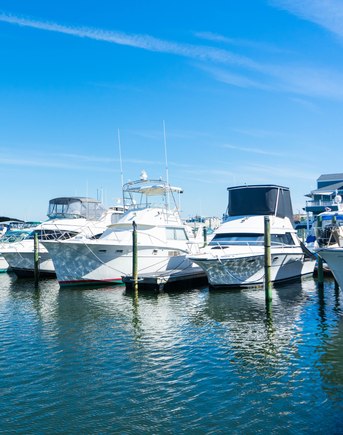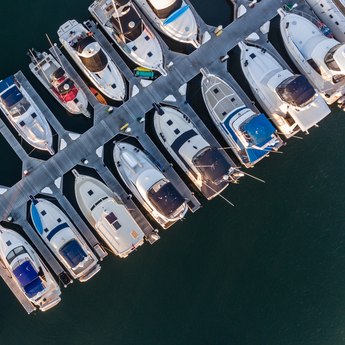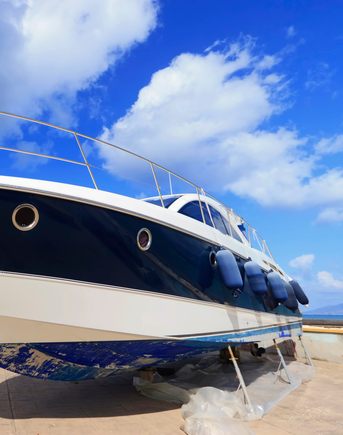Oceangoing Yachts For Sale
Buying an oceangoing vessel, could mean buying a superyacht, or it might mean a yacht of significant ability as opposed to just size.
Not all superyachts are designed for oceangoing use, and even if they are it is still very rare. This is because undertaking an ocean crosssing requires a lot planning, fuel and time. It also places a good deal of potential wear on a vessel, especially of the weather is bad.
In the literal sense, an ocean crossing is far more likely to be a once-in-a-lifetime passage for an owner. A voyage if a lifeltime. But what oceangoing really means is a yacht capable of spending long periods of time at sea, with all the necessary range and capacities, being safe and comfortable in open waters and having the space and comfort required to look after guests and crew.
If you are looking to buy an oceangoing yacht, you must seriously consider the number of guests who will accompany you, and whether you will need a Captain and crew. You will certainly require assistance with passage planning and generally running the vessel.
A proper galley with major scope for stores is vital, as is the ability to hold or make fresh water.
The RCD
The European Union created the Recreational Craft Directive to categorise yachts capabilities and places oceangoing vessels at the top of the list, as RCD Category A, requiring specific and highly considered levels of engineering, stability and specification. If you do want a yacht capable of serious passagemaking, look for a Category A.
Oceangoing yacht features
- Capable hull
- Long-range performance
- RCD category A classification
- Marine navigation systems
- Satellite communications
- Social and cabin space
- Galley
- Storage capacity
- Crew support
NEW - Stock & In Build Oceangoing Yachts
Be the first to own one of these brand new oceangoing yachts. There's no need to wait - they're scheduled to complete and be available for 2025 & 2026 cruising.
Scheduled For Delivery
ISA Yachts
M/Y I*****80m Continental 80
2028
2 x MTU
Features: Stabilisers, Helipad, Elevator, Beach Club
Heesen
M/Y P*****60m 60m Steel
2027
2 x MTU
Features: Stabilisers, Beach Club, Swim Platform, Aircon
Dealers & Shipyards - tell us about your stock.
USED - Oceangoing Yachts
For Sale
View a wide selection of pre-owned oceangoing yachts for sale in your area, explore detailed information & find the perfect oceangoing yacht for you.
Latest Pre-Owned Oceangoing Yachts
Lurssen
GOLDEN ODYSSEY123m Custom
2023 (2023)
2 x Wartsila
Features: Spa, Swimming Pool
Benetti
LUMINOSITY108m Custom
2022
2 x ABB
Features: Helipad, Beach Club
Amels
HERE COMES THE SUN89m Amels 272
2017 (2021)
2 x Caterpillar 3,151hp
Features: Elevator, Beach Club, Swim Platform
Amels
PLVS VLTRA74m Amels 242
2016 (2024)
2 x Caterpillar 2,575hp
Features: Spa, Beach Club, Swimming Pool
Tankoa Yachts
CASINO ROYALE72m S701
2018 (2023)
2 x Caterpillar 2,480hp
Lurssen
BELLA VITA60m Custom
2010 (2024)
2 x Caterpillar 1,979hp
Riviera Beach, Florida, United States
1 Not for sale to US residents while in US waters
2 Approx Price Conversion
Pictures shown are for illustration purposes only. Actual Yacht may vary due to client options.
Oceangoing Yacht Reviews

Horizon V77S Review (2024 Edition)
by Aquaholic

Gulf Craft Majesty 120 Review (2024 Edition)
by Aquaholic
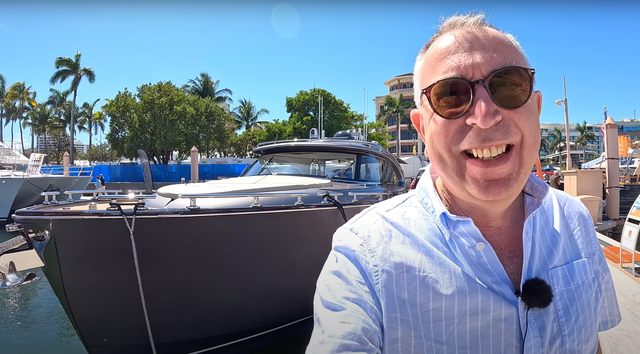
Zeelander 5 Review (2024 Edition)
by Aquaholic
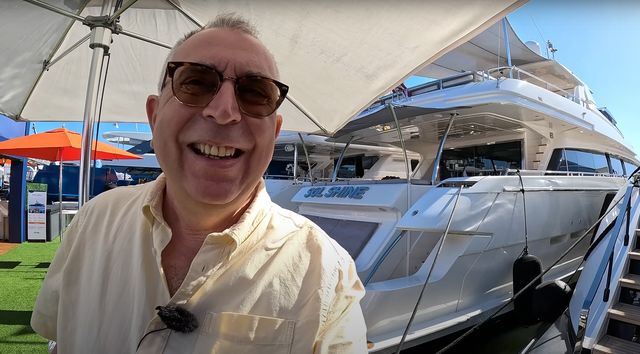
Ferretti 960 Review (2014 Edition)
by Aquaholic
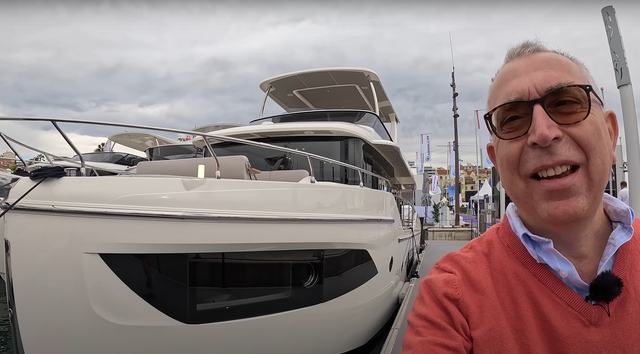
Absolute Navetta 53 Review (2024 Edition)
by Aquaholic
Recent Award Winning Oceangoing Yachts
Check out the recent award-winning and finalist Oceangoing yachts and models.
44.3m
Winner
Boat International Design & Innovation Awards 2025
Oceangoing Yacht Guides & Advice
Take control of your yacht purchase with our expert guides & advice.
Oceangoing Yachts FAQ
We're committed to making yacht buying easier, so if you can't find what you're looking for just ask.
-
No, you need a certain specification and build. Big yachts are often confused with capable yachts. Some are, but many are intended for leisurely cruising only. So while it is sensible to take on such a challenge in a vessel of at least 15m-20m (50ft-66ft) the size of the yacht will be more governed by its range - you need at least a 20% margin on the required distance - the amount of space you require for the crew, and its overall capability, which is best confirmed by a RCD Category A rating.
You will not be travelling fast on any long-distance passage, so speed or a fast yacht is not the answer. A displacement vessel, designed to run slowly, burning little fuel, is the only choice.
-
The short answer is, yes. Most new, larger (20m+) yachts wil have stabilisers, or at least the option to fit them. But it can be argued that stabilisation is even more important on smaller boats, where roll and pitch (lateral and fore and aft movement) can be extreme in big, offshore seas.
The counter argument is that you don't 'need' stabilisers. The water moves, boats move, that's how it is. If you are very comfortable with the motion of a boat, and some people love it, then the need is lesser. But you still might want to take into account general on-board living standards, with eating, secured stowage and simply moving around all improved by stabilisers.
As a final point, the efficiency and so range of a yacht will be improved if running steady and true and not being pushed around and running at all manner of angles.










